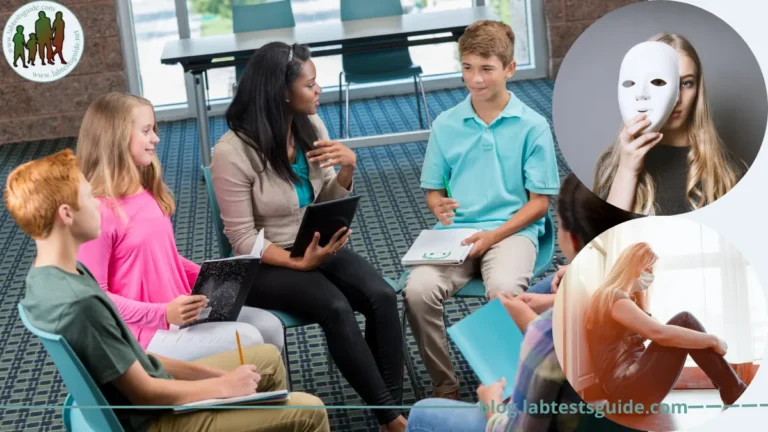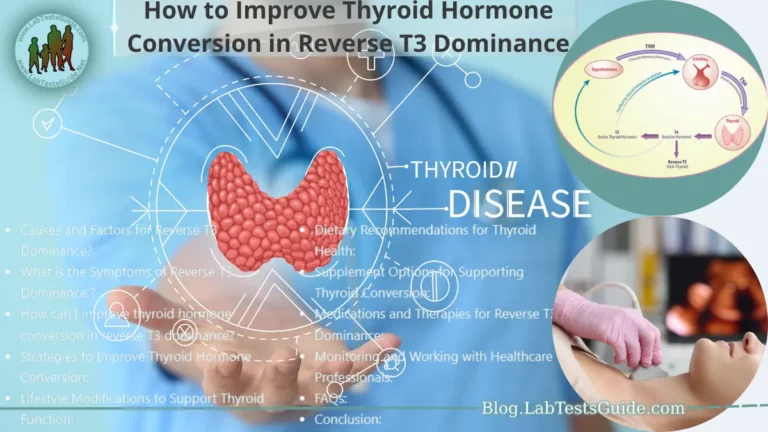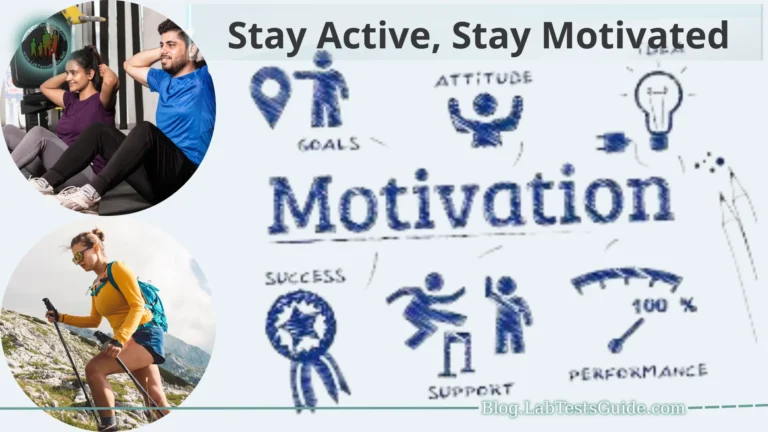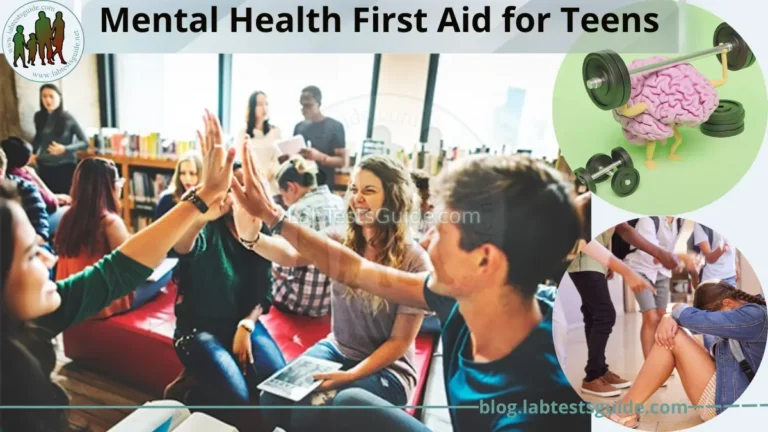The Connection Between Social Media and Mental Health examines how social media platforms impact psychological well-being. This overview highlights both positive and negative effects, including issues like anxiety, depression, and self-esteem. Learn about recent studies, expert opinions, and strategies for managing social media use to promote better mental health. Ideal for those interested in understanding the complex relationship between online behavior and emotional health.

What Is the Relationship Between Social Media and Mental Health?
- Impact on Self-Esteem: Social media can influence individuals’ self-esteem as they compare their lives to curated, often idealized, representations of others, potentially leading to feelings of inadequacy and lower self-worth.
- Cyberbullying and Harassment: Online platforms can facilitate cyberbullying and harassment, contributing to increased stress, anxiety, and even depression among victims.
- Fear of Missing Out (FOMO): Constant exposure to others’ activities and experiences can trigger FOMO, contributing to feelings of anxiety, loneliness, and disconnection.
- Social Isolation: While designed for connection, excessive social media usage has been linked to reduced face-to-face interactions, potentially leading to increased feelings of social isolation and loneliness.
- Body Image Concerns: The portrayal of unrealistic body standards on social media can trigger body dissatisfaction and related psychological distress, particularly among young users.
- Addiction and Time Management: The addictive nature of social media can lead to excessive use, negatively impacting time management, productivity, and overall mental well-being.
- Confirmation Bias and Echo Chambers: Users often engage with content that aligns with their beliefs, reinforcing biases and potentially deepening social divisions, affecting mental health in the context of societal polarization.
- Positive Connections and Support: Social media can provide a platform for building and maintaining social connections, fostering support communities, and raising awareness about mental health issues.
- Information Sharing and Awareness: Platforms offer opportunities for disseminating mental health information, promoting understanding, and reducing stigma surrounding mental health challenges.
- Individual Responsibility: The relationship between social media and mental health is complex, emphasizing the importance of individual awareness, responsible usage, and seeking professional help when needed.
How to Foster a Healthy Relationship with Social Media for Better Mental Health:
- Set Clear Boundaries: Designate specific time slots for social media usage to avoid constant checking.
- Practice Mindful Consumption: Be conscious of your emotional reactions while using social media and choose content that positively impacts your mood.
- Curate Your Feed: Unfollow accounts that trigger negativity and follow those that promote positivity and mental well-being.
- Limit Notifications: Disable non-essential notifications to reduce the compulsion to frequently check social media.
- Engage Authentically: Prioritize meaningful interactions over seeking validation through likes and comments.
- Practice Digital Detox: Regularly disconnect from social media to refresh your mind and engage in offline activities.
- Prioritize Real-Life Connections: Invest time in building and nurturing in-person relationships.
- Be Selective with Platforms: Choose platforms that align with your interests and values, and where you can engage positively.
- Monitor Time Spent: Keep track of your daily social media usage and set limits to prevent excessive screen time.
- Seek Professional Help if Needed: Consult a mental health professional if social media is negatively impacting your well-being.
- Practice Self-Compassion: Remind yourself that social media offers curated glimpses, not the full reality.
- Focus on Offline Activities: Invest time in offline hobbies, exercise, and activities to balance your digital presence.
Positive Aspects of Social Media:
- Social Connectivity: Facilitates communication and connection with friends, family, and acquaintances, regardless of geographical distances.
- Information Sharing and Awareness: Enables rapid dissemination of news, important information, and public awareness campaigns.
- Support Communities: Provides platforms for individuals with shared experiences to connect, share stories, and offer emotional support.
- Mental Health Advocacy: Raises awareness about mental health issues, reduces stigma, and encourages open conversations.
- Creativity and Expression: Offers a space for creative self-expression through writing, art, photography, and other forms of content.
- Professional Networking: Connects professionals and fosters career growth through networking and sharing industry insights.
- Educational Resources: Provides access to educational content, tutorials, and resources across various subjects.
- Cultural Exchange: Allows users to explore diverse cultures, traditions, and viewpoints from around the world.
- Collaboration and Activism: Facilitates collaborative efforts for social and political change, making activism more accessible.
- Business Opportunities: Offers a platform for businesses to reach a wide audience, promote products/services, and engage with customers.
Negative Effects of Social Media on Mental Health:
- Comparison and Envy: Constant exposure to idealized lives can lead to feelings of inadequacy, envy, and diminished self-esteem.
- Cyberbullying and Harassment: Online platforms can be breeding grounds for cyberbullying and harassment, causing emotional distress and psychological harm.
- Fear of Missing Out (FOMO): Seeing others’ activities can trigger anxiety and feelings of exclusion, contributing to FOMO.
- Social Isolation: Excessive online engagement can lead to reduced face-to-face interactions, potentially causing feelings of loneliness and isolation.
- Body Image Issues: Exposure to unrealistic beauty standards can contribute to body dissatisfaction, eating disorders, and low self-esteem.
- Addiction and Time Management: The addictive nature of social media can lead to decreased productivity, disrupted sleep patterns, and neglect of real-life responsibilities.
- Confirmation Bias and Echo Chambers: Online algorithms can reinforce existing beliefs, leading to polarization and a closed-minded perspective.
- Privacy Concerns: Sharing personal information online can result in privacy breaches, causing stress and anxiety.
- Negative Social Comparison: Constantly comparing achievements and lifestyles with others can lead to feelings of inadequacy and unhappiness.
- Emotional Distress from News: Exposure to distressing news and events on social media can contribute to anxiety, stress, and feelings of helplessness.
Cyberbullying and Harassment:
Cyberbullying and Harassment on Social Media:
Cyberbullying and harassment on social media refer to the act of using digital platforms to intimidate, threaten, demean, or harm individuals or groups. This negative behavior can have severe psychological, emotional, and even physical consequences for the victims. Here’s a closer look at this issue:
Forms of Cyberbullying:
- Direct Attacks: Sending hurtful or threatening messages, comments, or private messages to the victim.
- Public Shaming: Humiliating the victim by posting embarrassing content or sharing personal information.
- Trolling: Posting inflammatory or offensive comments to provoke emotional responses.
- Impersonation: Creating fake profiles or accounts to spread false information or engage in harmful behavior.
- Exclusion and Outing: Purposefully excluding someone from online groups or sharing their private information without consent.
Impact on Mental Health:
- Anxiety and Depression: Victims of cyberbullying often experience increased levels of anxiety and depression due to the constant emotional distress.
- Isolation: Cyberbullying can lead to isolation as victims might withdraw from online and offline social interactions.
- Self-Esteem: Constant negative feedback can significantly lower self-esteem and self-worth.
- PTSD and Trauma: Severe cases of cyberbullying can lead to post-traumatic stress disorder (PTSD) and long-lasting emotional trauma.
Cyberbullying Dynamics:
- Anonymity: Online anonymity can embolden perpetrators to engage in hurtful behavior without facing consequences.
- 24/7 Accessibility: Cyberbullying can happen at any time, leading to a feeling of constant threat and stress for victims.
- Audience: Social media provides a wide audience, magnifying the impact of bullying and making it harder for victims to escape the negative attention.
Prevention and Support:
- Education: Promoting awareness about cyberbullying and its effects can help individuals recognize and prevent such behavior.
- Reporting and Blocking: Social media platforms offer reporting and blocking features to help users protect themselves from harassment.
- Support Systems: Encouraging victims to seek support from friends, family, and mental health professionals can help them cope with the emotional toll.
Legal Implications:
- Many regions have laws in place to address cyberbullying and online harassment. Perpetrators can face legal consequences for their actions.
Fear of Missing Out (FOMO):
- Triggers and Manifestations: Frequent social media updates trigger anxiety about missing out on events, experiences, or opportunities, fueled by comparative self-assessment.
- Impact on Mental Health: FOMO intensifies anxiety, stress, and feelings of inadequacy, contributing to lower self-esteem and increased loneliness.
- Contributing Factors: Selective portrayal of positive experiences on social media distorts reality, creating an urge for instant gratification and succumbing to social pressure.
- Coping Strategies: Practicing mindfulness, setting social media boundaries, and focusing on gratitude can help manage FOMO.
- Balancing Activities: Engaging in offline activities to find fulfillment helps reduce dependence on social media validation.
- Realistic Perspective: Recognizing that social media offers only a curated glimpse of others’ lives prevents unrealistic comparisons.
Body Image Issues:
- Idealized Standards: Exposure to images portraying “perfect” bodies can create unrealistic beauty ideals.
- Comparative Self-Assessment: Users compare their bodies to those digitally altered images, leading to dissatisfaction with their own appearance.
- Low Self-Esteem: Constant comparison to idealized bodies can erode self-esteem and self-worth.
- Increased Vulnerability: Particularly impacts adolescents and young adults who are more impressionable.
- Negative Emotional Impact: Body dissatisfaction can contribute to anxiety, depression, and other mental health issues.
- Risk of Eating Disorders: Pursuit of unattainable ideals can increase the likelihood of developing unhealthy eating habits.
- Shifted Perceptions: Can skew perceptions of what is considered a healthy and realistic body.
- Promotion of Diversity: Efforts to promote diverse body types are emerging, but they often face challenges.
- Building Body Positivity: Users and influencers are advocating for body positivity and self-acceptance movements.
- Critical Media Literacy: Developing skills to critically analyze media portrayal of bodies helps mitigate negative impacts.
- Balanced Online Experience: Curating a feed with diverse body representations can foster a healthier body image.
- Supportive Communities: Online groups provide safe spaces for discussing body positivity and challenging beauty norms.
Addiction and Time Management:
- Addictive Nature: Features like infinite scrolling and notifications trigger addictive behaviors, leading to excessive usage.
- Reduced Productivity: Excessive social media use can disrupt work, studies, and other productive activities.
- Impaired Focus: Frequent interruptions from social media hinder concentration and cognitive tasks.
- Escapism: Social media becomes an escape from real-life challenges, contributing to dependency.
- Negative Impact on Sleep: Late-night social media use disrupts sleep patterns, leading to sleep deprivation.
- Time Mismanagement: Spending excessive time on social media displaces time that could be spent on more meaningful activities.
- Strain on Relationships: Excessive social media use can lead to neglect of personal relationships and quality time.
- Digital Detox Benefits: Taking breaks from social media enhances time management, mental clarity, and overall well-being.
- Setting Usage Limits: Establishing designated time slots for social media use prevents its intrusion into other activities.
- Mindful Consumption: Consciously engaging with social media helps avoid falling into mindless scrolling patterns.
- Offline Engagement: Focusing on offline hobbies and interactions balances digital time and enriches life experiences.
- Time Tracking Tools: Using apps to monitor screen time encourages responsible usage and improved time allocation.
FAQs:
Is social media usage linked to mental health issues?
Yes, excessive social media use has been associated with various mental health challenges, including anxiety, depression, loneliness, and low self-esteem.
How does social media affect self-esteem?
Social media exposure to idealized images and curated lives can lead to unfavorable self-comparisons, lowering self-esteem and triggering feelings of inadequacy.
What is cyberbullying, and how does it impact mental health?
Cyberbullying involves using digital platforms to harass, intimidate, or demean others. It can have severe mental health consequences, causing anxiety, depression, and even PTSD in victims.
How does FOMO (Fear of Missing Out) affect mental health?
FOMO, driven by the fear of missing out on exciting events or experiences, can lead to anxiety, stress, and feelings of isolation due to constant comparisons with others’ activities.
Can social media addiction impact time management and productivity?
Yes, addictive social media behaviors can disrupt time management, reduce productivity, impair focus, and negatively affect relationships and overall well-being.
Are there positive aspects of social media for mental health?
Yes, social media can provide social connectivity, support communities, mental health advocacy, and educational resources that contribute positively to mental well-being.
How can individuals foster a healthy relationship with social media?
Strategies include setting boundaries, curating content, limiting notifications, practicing digital detox, focusing on offline activities, and seeking professional help if social media negatively affects mental health.
What is the role of social media in body image issues?
Social media exposure to idealized body standards can contribute to body dissatisfaction, low self-esteem, and increased vulnerability to developing eating disorders.
How can society address the negative impact of social media on mental health?
Promoting digital literacy, creating safe online spaces, encouraging open conversations about mental health, and advocating for responsible platform design are essential steps.
Is it possible to use social media positively for mental health?
Yes, by curating a positive online environment, seeking support, raising awareness about mental health, and using platforms for educational and inspirational content, social media can have positive effects on mental well-being.
Conclusion:
In conclusion, the intricate relationship between social media and mental health underscores both its potential benefits and pitfalls. While social media facilitates connection, awareness, and support, its negative aspects such as comparison-driven self-doubt, cyberbullying’s emotional toll, FOMO-induced anxiety, and addiction’s time management impact cannot be ignored. Addressing these issues requires a concerted effort, with individuals adopting responsible usage habits, platforms prioritizing user well-being, and society promoting digital literacy and open conversations about mental health. Striking a balance between online engagement and offline well-being is essential for harnessing the positive potential of social media while safeguarding mental health in an increasingly interconnected digital landscape.






